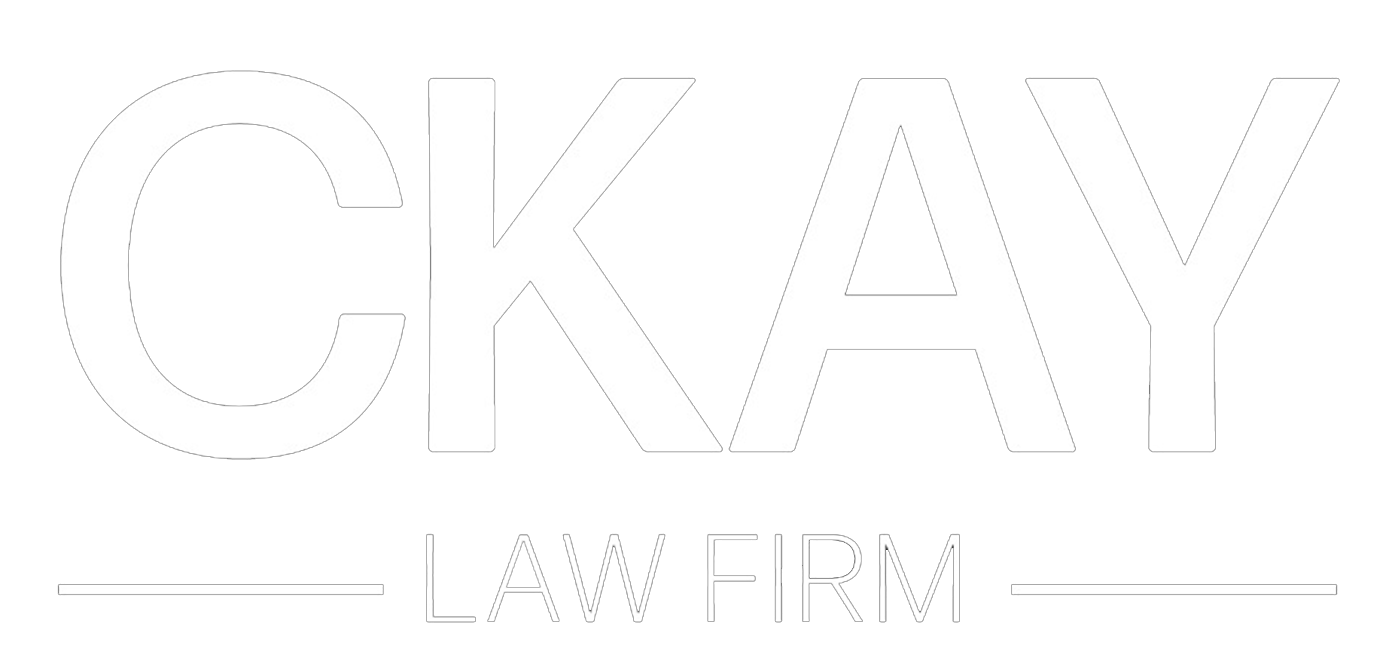
Discover the essentials of shareholders’ agreements: their benefits, legal aspects, and scope. Learn how they enhance shareholder relations and company harmony.
A shareholders’ agreement is a legally binding contract among the shareholders of a company that outlines their rights, responsibilities, and relationships with one another and with the company itself. Unlike the Articles of Association (AoA), which define the fundamental structure and operations of a company, the shareholders’ agreement allows for a more detailed and customized approach to managing shareholder relationships and company practices. This flexibility makes it an essential tool for ensuring harmony and clarity within a business.
While not governed directly by the Turkish Commercial Code (TCC), shareholders’ agreements are subject to the Turkish Code of Obligations (TCO). This provides shareholders the freedom to tailor their agreements according to their needs, as long as they respect the limits set by law and the mandatory provisions in the Articles of Association.
Key Advantages of a Shareholders’ Agreement
Flexibility and Customization
Shareholders’ agreements offer the ability to address areas not covered by the Articles of Association. This enables shareholders to implement bespoke solutions for governance, decision-making processes, and conflict resolution, ensuring smooth business operations.
Dispute Prevention
By clearly defining the rights and obligations of each shareholder, these agreements minimize potential misunderstandings and disputes. When all parties understand their roles and responsibilities, the likelihood of conflict decreases, promoting a more cohesive working environment.
Improved Control and Predictability
The agreement empowers shareholders by granting them the ability to set additional rules beyond those in the Articles of Association. This ensures that decisions reflect the unique needs and preferences of the shareholders while adhering to the company’s overall structure.
Legal Framework Governing Shareholders’ Agreements
The Turkish Code of Obligations emphasizes the principle of contractual freedom, which allows parties to determine the terms of their agreements. Shareholders’ agreements fall under this umbrella, meaning they can be crafted and executed without being subject to formal legal requirements. However, in practice, these agreements are often drafted in writing and notarized to ensure enforceability and minimize disputes.
Core Legal Principles
- Freedom of Contract: Parties can structure the agreement as they see fit, provided it does not violate mandatory provisions in the Articles of Association or statutory laws.
- Consensual Agreement: The shareholders’ agreement becomes valid through mutual consent. The terms can impose obligations on all parties involved or apply unilaterally to specific shareholders.
- Optional Formalization: Although not legally required, written and notarized agreements enhance legal certainty and reduce potential ambiguities.
Scope and Limitations of Shareholders’ Agreements
While shareholders’ agreements grant significant flexibility, their scope is limited by the Articles of Association and mandatory legal provisions. For instance, certain elements, such as the company’s name, capital structure, and the allocation of shares, must be included in the Articles of Association as per the Turkish Commercial Code. These cannot be altered through a shareholders’ agreement.
Mandatory Elements in The Articles of Association
- Company Details: Name, headquarters, and purpose.
- Capital Structure: Total capital, nominal value of shares, and any privileges or restrictions on share transfers.
- Management and Governance: Board member appointments, voting rights, and general assembly procedures.
- Legal Formalities: Notarization requirements and mandatory clauses under Article 339 of the Turkish Commercial Code.
In limited liability companies (LLC), similar restrictions apply under Article 575. The Company Agreement, which serves as the foundational document, must include mandatory elements such as the company’s trade name, capital details, and announcement procedures. Shareholders’ agreements in such companies are supplementary and cannot override these statutory requirements.
Also Read: The Complete Guide to Establishing a Company in Turkey.
Key Provisions in a Shareholders’ Agreement
The flexibility afforded by shareholders’ agreements allows shareholders to include a wide range of provisions tailored to their needs. These may include:
- Share Transfer Restrictions: Mechanisms to control or limit the transfer of shares to third parties, ensuring the stability of ownership.
- Decision-Making Processes: Clear guidelines on voting thresholds, veto rights, and decision-making authority.
- Conflict Resolution: Procedures for resolving disputes, such as mediation or arbitration, to avoid prolonged legal battles.
- Exit Strategies: Rules governing shareholder exits, including buyout terms and valuation methods.
- Confidentiality: Obligations to protect sensitive company information.
Binding Nature and Enforcement of Shareholders’ Agreements
It is crucial to note that a shareholders’ agreement binds only the shareholders who are party to it. The agreement does not impose obligations on the company itself or third parties. This distinction underscores the private nature of the contract, emphasizing its role in regulating interpersonal relationships among shareholders.
Breach of Agreement
In the event of a breach, remedies under the Turkish Code of Obligations include:
- Specific Performance: Requiring the defaulting party to fulfill their contractual obligations.
- Compensation: Claiming damages for losses incurred due to the breach.
- Contract Rescission: Terminating the agreement if the breach is severe and irreparable.
Frequently Asked Questions (FAQs)
Who is bound by a shareholders’ agreement?
The shareholders’ agreement is binding only on the parties who sign it. It does not create obligations for the company or third parties.
What happens if a shareholder breaches the agreement?
In case of a breach, remedies include specific performance, compensation, or rescission, depending on the severity of the breach.
Can the shareholders’ agreement override the Articles of Association?
No, the shareholders’ agreement cannot amend or override provisions in the Articles of Association, as these are governed by mandatory legal requirements.


